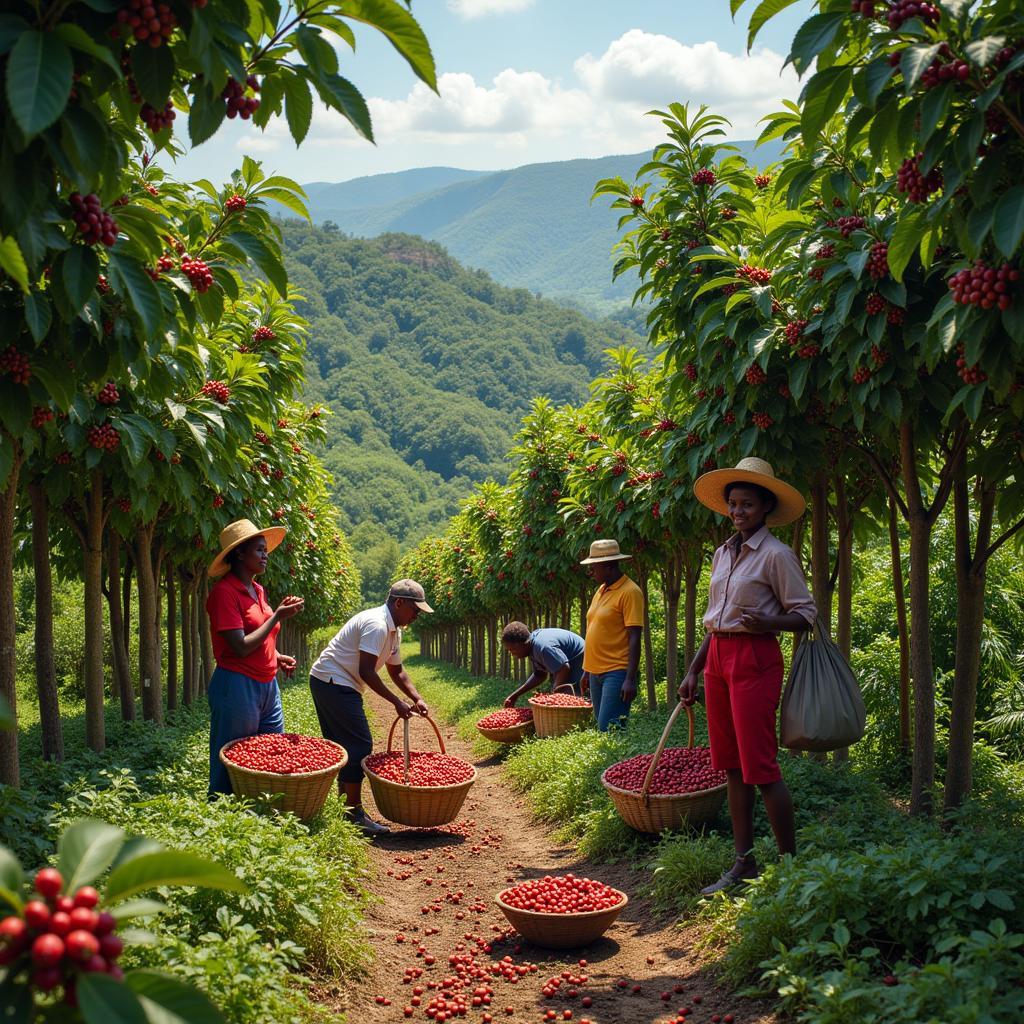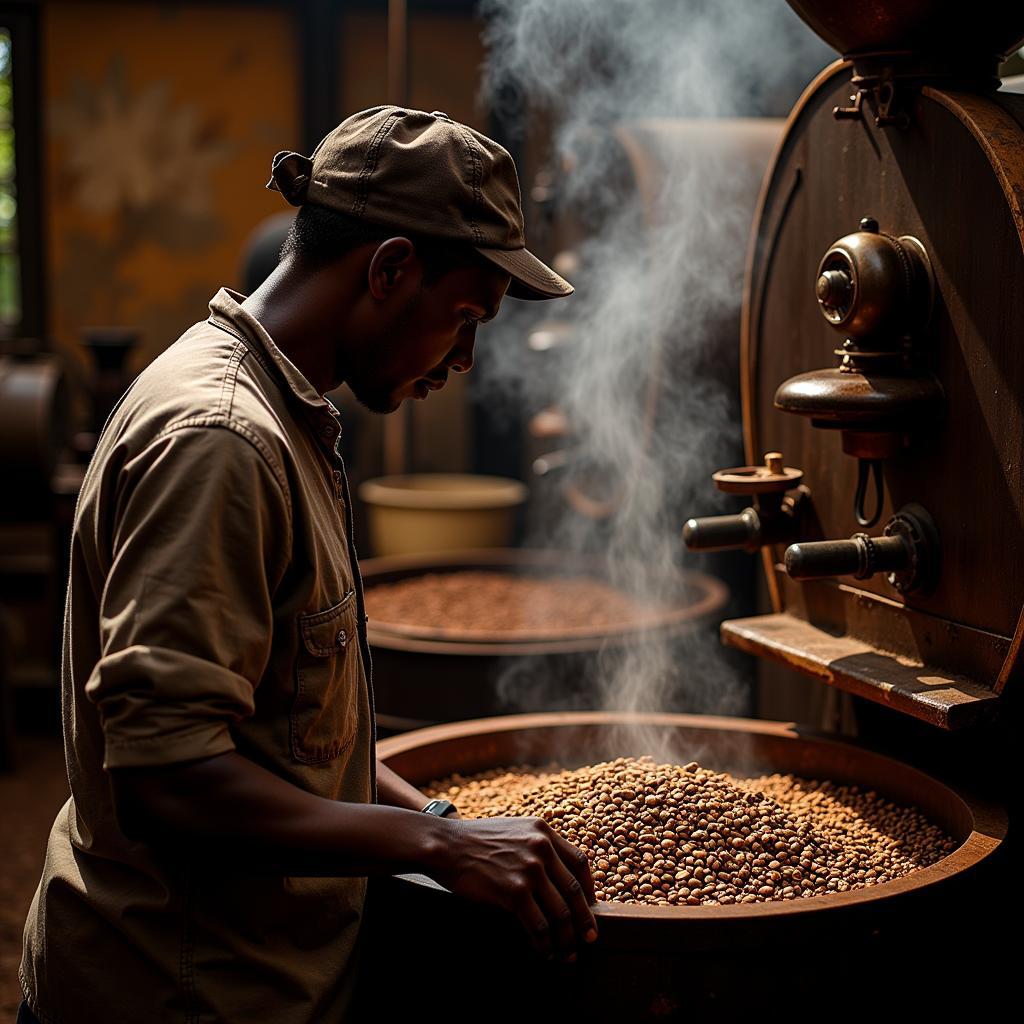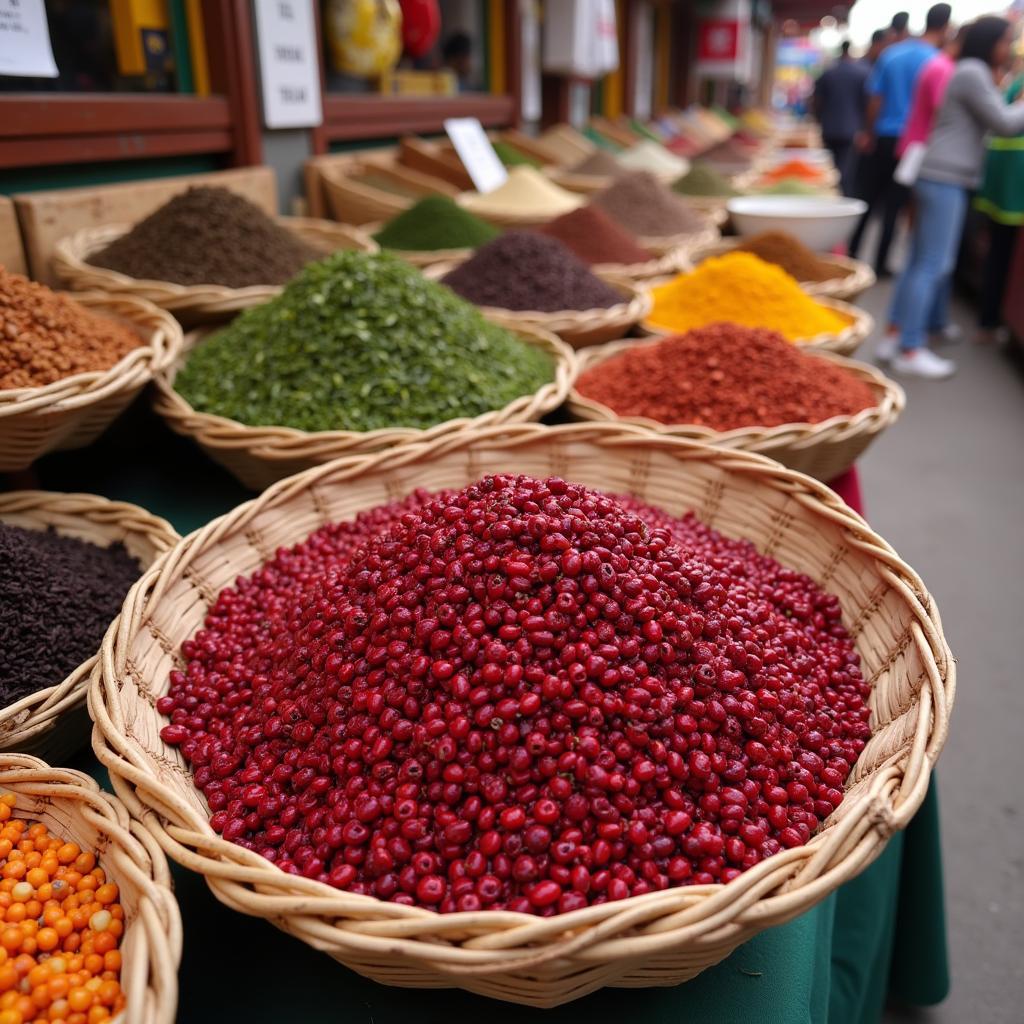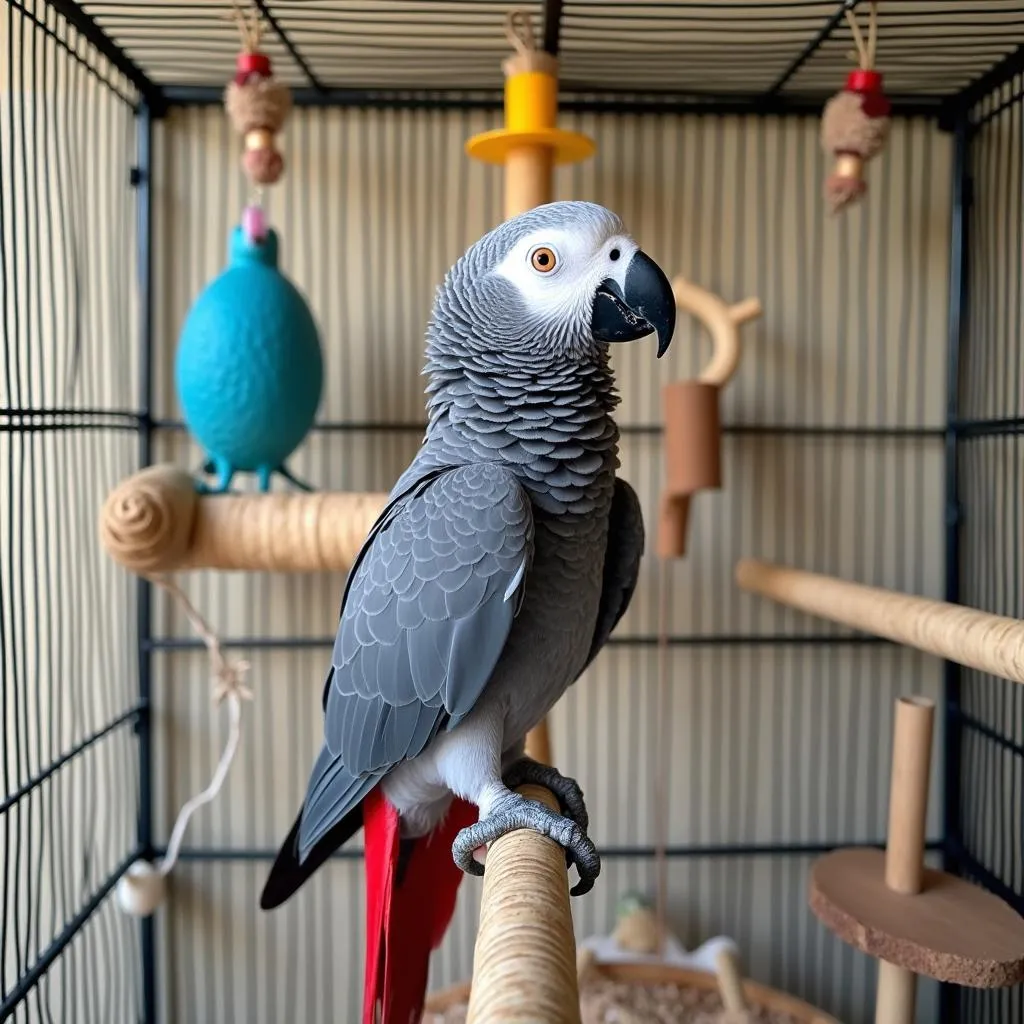Discovering the Rich World of African Coffee Roasters
African Coffee Roasters are transforming the global coffee scene, showcasing the continent’s diverse and unique coffee beans. From Ethiopia, the birthplace of coffee, to the volcanic slopes of Kilimanjaro and the rainforests of Rwanda, African coffee offers a captivating journey for every coffee lover. This article delves into the world of African coffee roasters, exploring their craft, the origins of their beans, and the impact they are having on the industry. We will examine the unique flavor profiles that make African coffees so sought-after, and discover the stories behind the beans.
The Rise of African Coffee Roasters
The coffee industry has long been dominated by large international companies. However, a growing movement of African coffee roasters is changing this landscape. These roasters are passionate about showcasing the quality and diversity of African coffee beans, while also fostering sustainable practices and empowering local communities. They are dedicated to meticulous roasting techniques, often experimenting with different profiles to highlight the nuances of each bean variety. The African Fine Coffees Association is a key player in promoting and supporting these roasters. This shift towards local roasting allows for greater control over the entire process, from bean selection to the final cup, ensuring the highest quality and freshness.
Coffee cultivation in Africa is a deeply ingrained tradition, passed down through generations. For many families, coffee is more than just a commodity; it’s a way of life. These smallholder farmers possess invaluable knowledge about the land and the delicate art of coffee cultivation. They nurture their crops with care, ensuring sustainable practices that protect the environment for future generations.
 African Coffee Farmers Harvesting Beans
African Coffee Farmers Harvesting Beans
Exploring the Diverse Flavors of African Coffee
What makes African coffee so special? It’s the remarkable diversity of flavors found across the continent. From the bright acidity and citrus notes of Ethiopian Yirgacheffe to the rich, chocolatey undertones of Ugandan Robusta, African coffee offers a sensory experience like no other. Kenyan coffee, known for its black currant and wine-like acidity, is a favorite among specialty coffee connoisseurs. Meanwhile, Rwandan coffee beans often exhibit a delicate sweetness and floral aroma. This diversity is a result of various factors, including altitude, soil composition, and processing methods. Furthermore, the unique microclimates found across different regions of Africa contribute to the distinct flavor profiles of each coffee bean.
The distinct terroir of each African coffee-growing region contributes to its unique flavor profile. The volcanic soil of Rwanda imparts a rich, earthy note, while the high altitudes of Ethiopia allow for slow maturation, resulting in a more complex and nuanced flavor.
 African Coffee Roaster at Work
African Coffee Roaster at Work
The Impact of African Coffee Roasters on Local Communities
Beyond producing exceptional coffee, African coffee roasters play a vital role in supporting local communities. By sourcing beans directly from farmers, they ensure fair prices and empower farmers to invest in their businesses and families. Many roasters also participate in initiatives that promote sustainable farming practices, protecting the environment and ensuring the long-term viability of the coffee industry.
Attending events like the African Fine Coffee Conference & Exhibition provides an opportunity for roasters to connect with others in the industry and learn about the latest innovations and trends. These events also provide a platform for roasters to showcase their unique offerings and connect with potential buyers.
Where to Find Authentic African Coffee
The popularity of African coffee has led to a surge in online retailers specializing in sourcing and roasting beans from across the continent. Look for roasters who prioritize direct trade relationships with farmers and offer detailed information about the origin and processing of their beans. Many specialty coffee shops are also featuring African coffees on their menus, offering a chance to experience these exceptional brews firsthand.
 A Cup of Freshly Brewed African Coffee
A Cup of Freshly Brewed African Coffee
Conclusion
African coffee roasters are playing a pivotal role in elevating the global coffee experience. They are not only showcasing the remarkable diversity and quality of African coffee beans, but also making a positive impact on local communities. By choosing to support these roasters, coffee lovers can contribute to a more sustainable and equitable coffee industry while enjoying some of the finest coffees in the world. Discover the world of African coffee roasters and embark on a flavor adventure. The African Caramel Madness Coffee is just one example of the innovative products being developed by these passionate roasters.
FAQ
-
What are the most popular African coffee origins? Ethiopia, Kenya, Rwanda, Uganda, and Tanzania are some of the most renowned African coffee origins.
-
What is the difference between Arabica and Robusta coffee? Arabica beans are known for their complex flavors and aroma, while Robusta beans have a bolder, more bitter taste and higher caffeine content.
-
How does altitude affect coffee flavor? Higher altitudes generally result in slower-growing coffee cherries, leading to denser beans with more complex and nuanced flavors.
-
What are some sustainable farming practices used by African coffee farmers? Shade-grown coffee, organic farming, and water conservation techniques are some common sustainable practices.
-
How can I support African coffee roasters? Look for roasters who prioritize direct trade, fair prices, and sustainable practices.
-
What are some characteristics of Ethiopian coffee? Ethiopian coffees are known for their bright acidity, floral aromas, and complex flavor profiles, ranging from citrus and berry notes to chocolate and spice.
-
What makes Kenyan coffee unique? Kenyan coffee is often described as having a bright, wine-like acidity, with flavors of black currant, citrus, and tomato.
More questions you might have:
- What are the different processing methods used for African coffee beans?
- How does roasting affect the flavor of African coffee?
- Where can I find African coffee roasters near me?
You can find more information about these topics and more on our website, including articles about African business names and the African Fine Coffee Conference & Exhibition 2018.
Need assistance? Contact us at:
Phone: +255768904061
Email: [email protected]
Address: Mbarali DC Mawindi, Kangaga, Tanzania.
Our customer service team is available 24/7.


